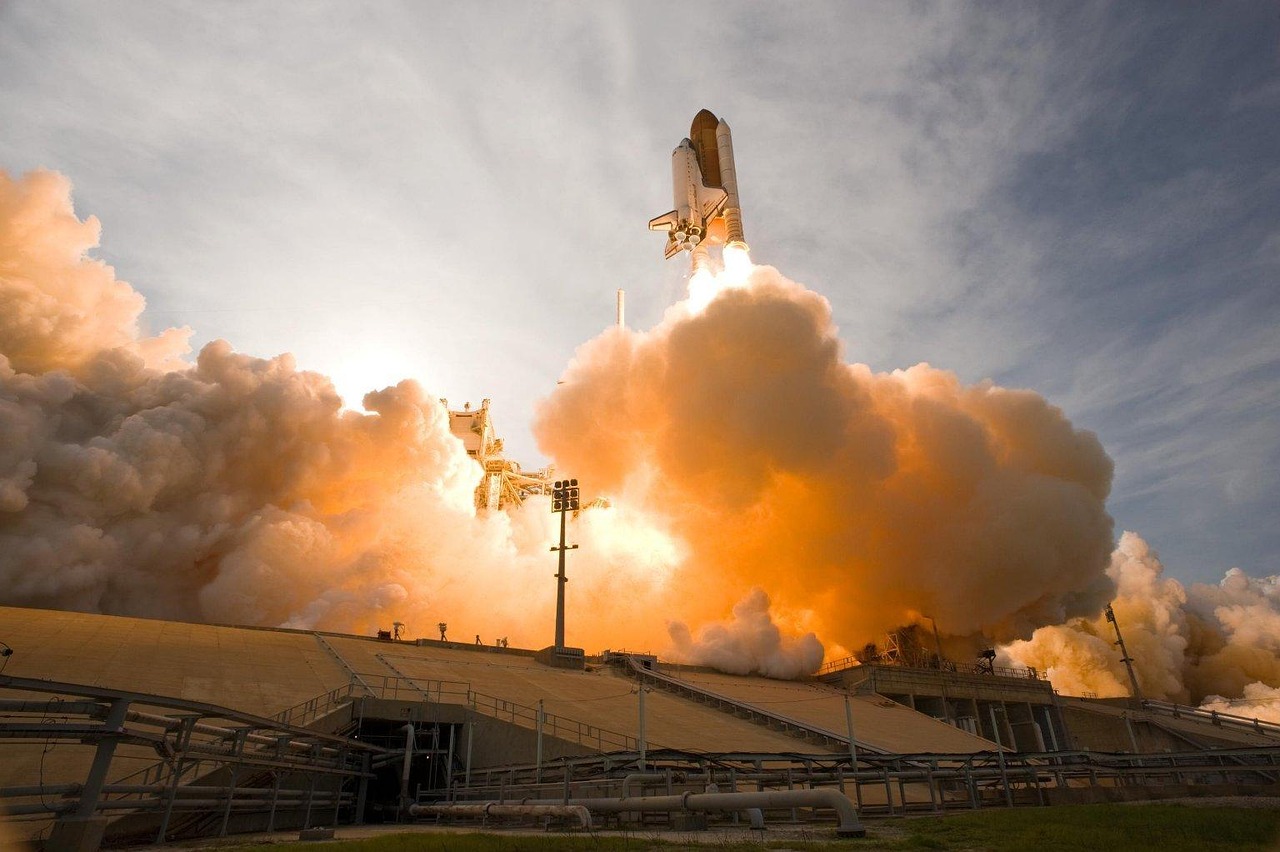The Allure of Chance: Exploring the Minds of Traders and Gamblers
The world of finance and the realm of games of chance have long been intertwined, with both traders and gamblers exhibiting a unique penchant for the thrill of uncertainty. This intrinsic drive to chase the next big win has puzzled observers and participants alike, sparking a myriad of discussions and analyses. As we delve into the psychological and emotional underpinnings of these behaviors, it becomes clear that the line between investing and betting is oftentimes blurred, with both activities eliciting a potent mix of excitement, anticipation, and, of course, risk.
Understanding the Psychology of Risk-Taking
At the heart of both trading and gambling lies a fundamental human impulse: the desire to take risks. This propensity is deeply rooted in our psychological makeup, with some individuals more inclined to embrace uncertainty than others. Theories from psychology, such as the concept of risk tolerance, have been invoked to explain why certain people are more willing to gamble with their finances or place bets on uncertain outcomes. The thrill of possibly winning big, coupled with the agony of potentially losing it all, creates a rollercoaster of emotions that can be both captivating and terrifying.
The Role of Dopamine and Reward
Dopamine, often referred to as the “feel-good” neurotransmitter, plays a significant role in the reward system of the brain. Both trading and gambling can activate this system, releasing dopamine in anticipation of a potential win. This neurochemical response can lead to a cycle of craving and seeking, where individuals become increasingly motivated to pursue the next big thrill, regardless of the risks involved. This cycle is not unique to gamblers; traders, too, can find themselves chasing highs, albeit in the form of successful investments or market predictions.
Similarities in Behavior: A Comparative Analysis
Despite their differences, traders and gamblers exhibit a range of similar behaviors, from the meticulous analysis of odds and market trends to the implementation of strategies aimed at maximizing gains while minimizing losses. The table below illustrates some of these similarities:
| Behavior | Trading | Gambling |
| Analysis | Market trends, financial reports | Odds, game statistics |
| Strategy | Diversification, risk management | Betting systems, money management |
| Emotional Response | Elation upon winning, disappointment upon losing |
Insights from Respected Publications
Renowned publications have long explored the intricacies of human behavior in the contexts of finance and gaming. While not explicitly naming these sources, it’s clear that the consensus among experts is that the pursuit of the next big win is deeply ingrained in human psychology. These insights offer valuable perspectives on how to navigate the complexities of risk and reward, emphasizing the importance of self-awareness, discipline, and a well-informed approach to both trading and gambling.
Questions and Answers: Navigating the Complexities
For those looking to understand or participate in either trading or gambling, several key questions arise:
- What drives the human desire for risk-taking, and how can it be managed healthily?
- How do traders and gamblers differ in their approaches to risk, and what can each learn from the other?
- What role does education play in making informed decisions, whether in the financial markets or at the gaming table?
- Can the pursuit of the next big win be balanced with responsible financial planning and emotional well-being?
Answers to these questions can be found through a combination of psychological research, financial analysis, and personal reflection. By understanding the underlying motivations and strategies involved, individuals can better navigate the thrilling yet risky worlds of trading and gambling.
Conclusion: The Eternal Pursuit of the Next Big Win
The allure of chance and the pursuit of the next big win are timeless themes that captivate human imagination and drive behavior. Whether in the fast-paced world of trading or the high-stakes environment of gambling, the psychological, emotional, and financial aspects of risk-taking are complex and multifaceted. As we continue to explore and understand these dynamics, we are reminded that, at the heart of both activities, lies a fundamental aspect of human nature: the eternal quest for excitement, challenge, and the possibility of achieving something extraordinary against the odds.
